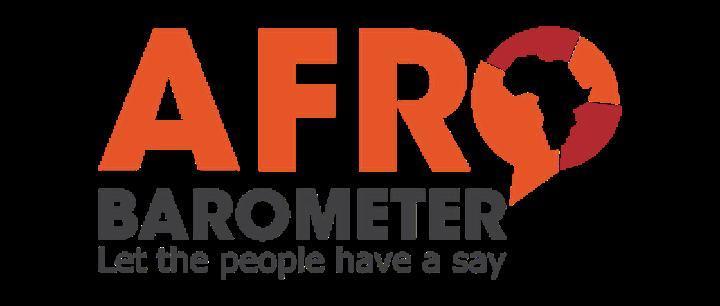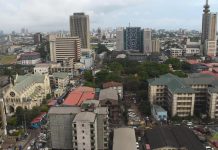Africa-Press – Gambia. A recent Afrobarometer survey reveals that Gambian women continue to face significant obstacles to equality in education, employment, and political participation, despite legislative reforms and national gender policies. The survey also indicates that most Gambians believe police and courts should do more to protect women and girls from discrimination and harassment.
The report underscores persistent gender gaps in leadership and access to opportunities, attributing these disparities to cultural norms and socioeconomic factors. It also notes a decline in support for women’s political participation, with only about half of men endorsing equal opportunity. Other barriers include limited financial access, early marriage in rural areas, and unequal access to formal education and employment.
According to the survey, women are less likely than men to complete secondary education (41% vs. 47%), and 45% of women have no formal education. While 89% of Gambians say families rarely prioritize boys’ education over girls’, 9% report that this still occurs frequently. Alarmingly, two in ten respondents (20%) said schoolgirls often or always face discrimination, harassment, or requests for sexual favors from teachers.
“In the Gambia, women are less likely than men to have progressed to secondary school (41% vs. 47%), and 45% of women lack formal education altogether. Most Gambians (89%) say it is rare or unheard of for families to prioritize boys’ education over girls’, but 9% say this happens frequently. Two in 10 citizens (20%) say schoolgirls “often” or “always” face discrimination, harassment, and requests for sexual favors from their teachers,” the report says.
In the workplace, men are more likely than women to hold full-time positions (36% vs. 22%). The survey attributes this disparity to women’s limited education or skills and a lack of childcare support. Additionally, 20% of respondents reported that husbands or family members often or always prevent women from pursuing paid employment.
“According to respondents. One-fifth (20%) of respondents report that husbands or family members “often” or “always” prevent women from taking paid employment,” The Report Said.
Political participation remains a challenge as well. While 58% of Gambians believe women should have the same chance as men to be elected to public office, this represents a 17-point decline in support for gender equality in politics since 2018. Men are less supportive than women, with 51% of men versus 65% of women endorsing equal political opportunity.
“But this represents a decline of 17 percentage points in support for gender fairness in politics compared to 2018. Men are 14 percentage points less likely than women to endorse equal opportunity in politics (51% vs. 65%),” The Report Said.
Public harassment remains a pressing issue. Two in ten Gambians (20%) said women often or always experience sexual harassment in public spaces such as markets, streets, and public transport. Although nearly half (47%) believe women and girls are likely to be taken seriously if they report discrimination or harassment, half of respondents disagree.
The survey concludes that nearly three-quarters (73%) of Gambians believe law enforcement and the judiciary should take stronger action to protect women and girls from discrimination and harassment.
For More News And Analysis About Gambia Follow Africa-Press






